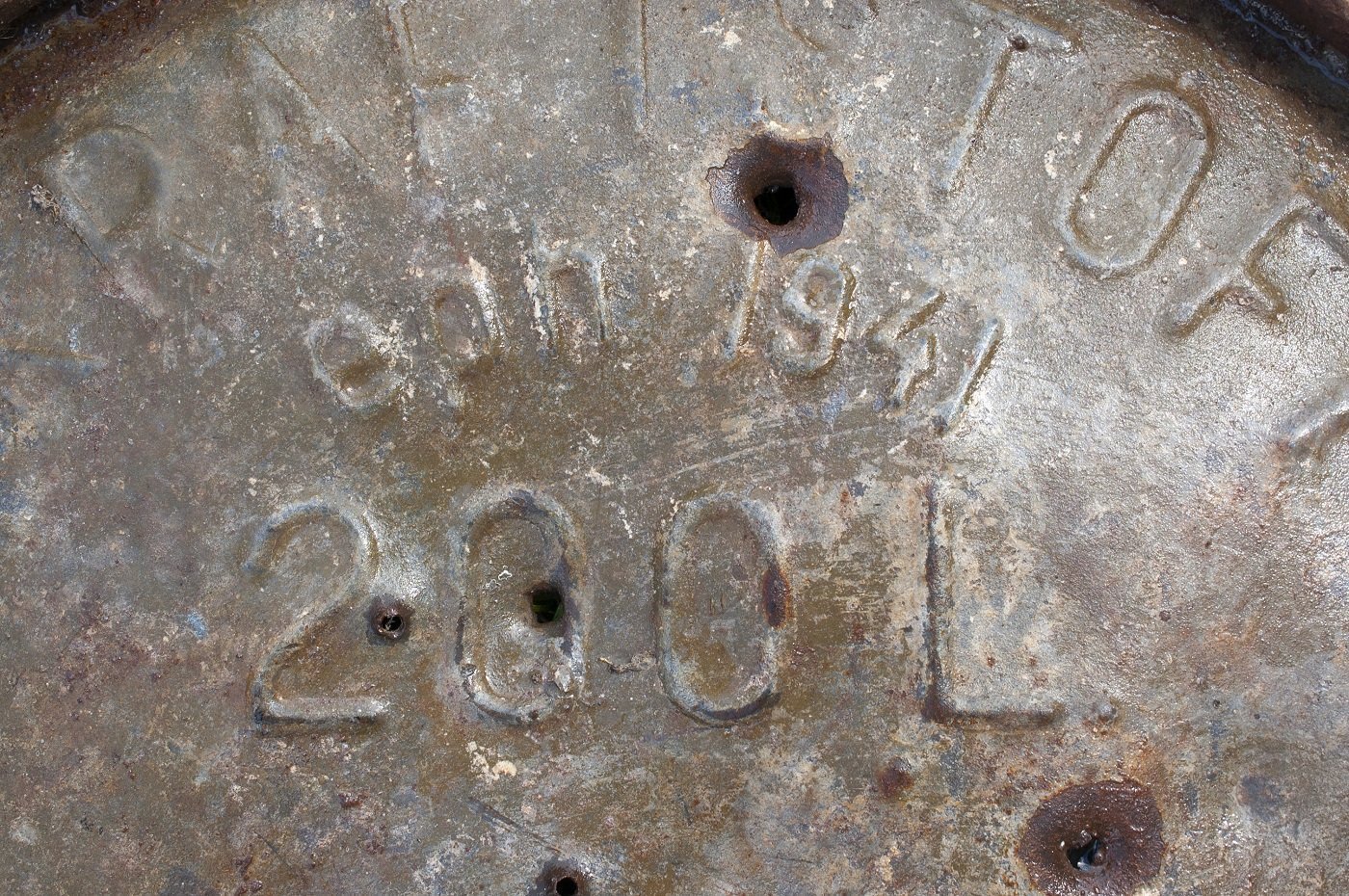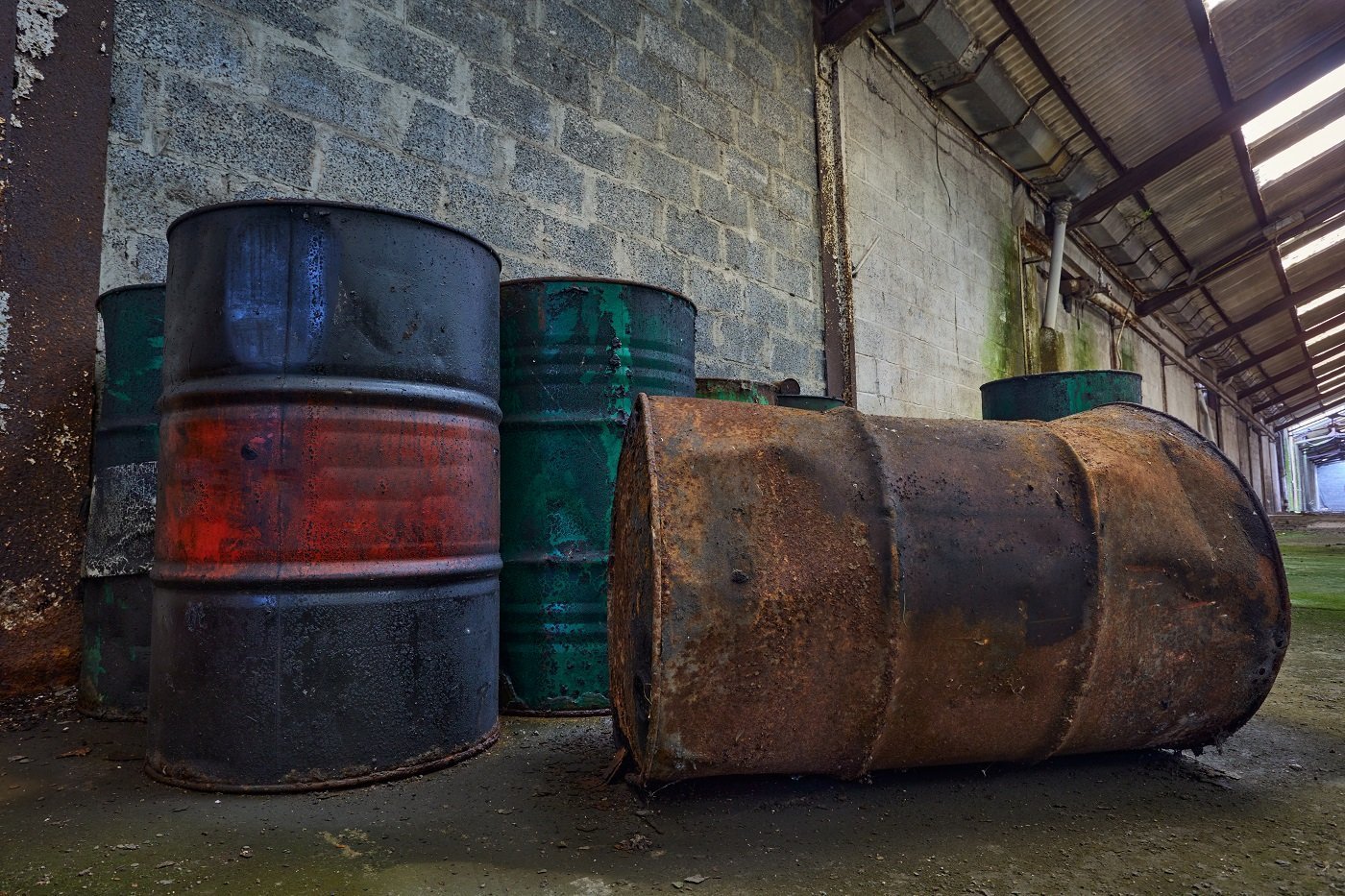In the early 2000s, the combined wealth of the world’s three richest people was more than the Gross domestic product (GDP) of the fifty underdeveloped countries. In South Asia, the Middle East, South America, and Africa, most people saw good living conditions only from foreign programs on television, if they had television.
Countries that failed to develop were often poorly managed ones. Unsurprisingly, in a study published in 2000, the ten well-governed countries were also rich, while the worst-ruled countries all were poor. When considering the parameters that indicate wealth and poverty, one can discuss that country’s education, roads, tax and labor policies, and political environment. In addition, the existence of minerals such as oil, coal, gold, diamonds, and copper, which we call natural wealth due to the location of the countries, and even the works left by people who lived in that country hundreds of years ago, can directly affect the wealth of that society.
As a result of the increase in the world price of crude oil and natural gas, especially in the 1970s, when oil shocks were experienced, oil gains in different countries of the world were reflected societies in different ways.
The Netherlands has discovered large natural gas resources since 1959. Dutch natural gas reserves today account for more than 25% of all-natural gas reserves in the EU. The sale of natural gas has generated enormous revenues for the Netherlands for decades, adding hundreds of billions of euros to the government’s budget. However, the unforeseen consequences of the country’s great energy wealth have affected the competitiveness of other sectors of the economy, giving rise to the Dutch disease theory.
Nigeria
150 years ago, in the Midwest of Africa, Nigeria, was populated with independent tribes and kingdoms. Tribes and kingdoms were often at war with each other, and these constantly warring societies encountered the British in 1861. The British had given gifts to the regional tribal chiefs and signed a treaty to create a country under British protection. Although the British governed Nigeria meticulously, they did not seek to prosper for Nigeria. The point is colonialism, unfortunately. When the world war ended, European countries withdrew from the colonies with the lesson they took. Nigeria became an independent country in 1960. In Nigeria, the governing mechanism was established. Although being personally poor, the country’s incomes were potentially high.
Farming was growing enough for the country, and geologists have recently found natural gas and oil resources. But a few years later, there was a military coup. A general seized power, six months later some officers killed the general. Another general came to power, then a civil war broke out, costing the lives of a million people. This turmoil lasted for decades and eight generals came to power. Despite all this turmoil, the Nigerian economy grew steadily from 1965 to 1980.
Petroleum has become the country’s main export commodity. Nigeria was a member of OPEC. From 1973 to 1980, the price of oil rose 10 times, but economic development was hampered by years of military rule, corruption, and mismanagement. In the early 1980s, OPEC lost price control and oil prices fell all over the world. Nigeria’s oil revenue fell from $25 billion in 1980 to $5 billion in 1986. This decline in income has exacerbated the bad situation.
Nigeria’s corrupt, inept, and penniless ruling stratum was incapable of rescuing the country’s hungry people from their predicament. Then they narrowed the mandate of the government by changing the constitution in 1989. They removed provisions that said Nigerians have the right to access health and education services. In Nigeria, annual per capita income fell from $670 to $300. An oil-rich country was now suffering from a fuel shortage. Nigeria, which once fed itself, now was buying sugar, rice, and wheat from abroad. Soon after, the social fabric fell apart. At the beginning of the 21st century, the world’s sixth-largest oil producer was now the thirteenth poorest country in the world.
Norway
Norway found its first oil in 1966. Norway excluded itself from OPEC and kept oil prices in line with world markets. The Norwegians called their oil income “gift money”. Norway had a lot of oil to sell after the oil discovery and the country’s economy grew dramatically. It was decided that the income from oil and gas should be used carefully to avoid imbalances in the economy. In 1990 the Norwegian parliament passed a law to support this and created the now Norwegian State Pension Fund, with the first money invested in the fund in 1996.
Norway is one of the centers of the booming oil and gas industry, but there is little trace of flamboyant life in Norway. Supercars with tinted windows, shops selling bags of famous brands, and people queuing outside the elite nightclubs are not seen. While other countries with oil deposits tend to spend their revenues far and wide, Norway continues to invest its oil and gas revenues in a giant state fund. Over $1 trillion, this fund also owns 1.5% of the world’s bonds and is big enough to make every Norwegian citizen a krone millionaire. This fund is a huge savings account. Most Norwegians are also very happy with this situation. According to research conducted by Columbia University in New York in 2012, Norway is one of the happiest countries in the world. According to the strictly enforced rules of the fund, only 4% of the money left over from the fund can be used or spent on public projects.
Venezuela
Venezuela, one of the founders of OPEC in 1960, is suffering from Dutch disease today. For Venezuela, the oil sector has always been the government’s “the goose that laid the golden eggs”, except for the first 10 years after the founding of OPEC, when production climbed to 3.7 million barrels per day in 1970.
The government of Carlos Andres Perez, which came to power after the Arab oil embargo that jumped oil prices in 1973, tripled public expenditures in 2 years, boldly from oil revenues. For this reason, the country’s current account balance, which had a surplus of 8 billion dollars in 1974, gave a deficit of 6 billion dollars in 1978.
Perez, as a solution, in 1975 Petróleos de Venezuela, S.A. – Tried to nationalize the energy sector by establishing PDVSA. However, the reckless use of PDVSA’s coffers for public expenditures and the drop in demand due to the rising oil prices as a result of the Iranian revolution in 1979 put Venezuela into a financial crisis that would last from 1982 to 1989.
Seeing that nationalization did not help much, PDVSA tried to find partners in international markets, this time by pursuing an outward expansion policy, and bought refineries in Europe and America. In 1989, Perez won the elections for the second time and formed a government of technocrats in order not to make the same mistakes this time.
Despite the successful aspects of the program, the unavoidable corruption, the burden of austerity policies, combined with the falling oil prices resulted in large waves of protests known as “Caracazo”. As the political crisis continued with two coup attempts (one by Hugo Chavez) in 1992 and Perez’s dismissal for corruption in 1993, economic crises began to come one after another.
Rafael Caldera, who took over the government in 1994, again encouraged foreign investments in the oil industry, and with the strategy of maximum oil production and export, Venezuela’s oil production increased again above 3 million barrels per day for the first time since 1974, reaching 3.5 million barrels per day in 1998. approached.
Caldera’s aim was to make PDVSA an internationally competitive firm. However, once again, falling oil prices due to the economic crises between 1998-2000 put a dent in the wheel. Caldera lost to Hugo Chavez in the elections at the end of 1998.
When Hugo Chávez took over the government in early 1999, Venezuela’s oil production was 3.5 million barrels per day, compared to 2.7 million barrels a day when he died in 2013. This figure has dropped to 2 million barrels a day under his successor Maduro.
Chavez, who first stepped into the oil sector in 2001, again with a familiar recipe, all the reserve exploration, oil production, sales, etc. in Venezuela. tied his affairs to the government. This was the first step to upset the accounts of the investments made by large international companies such as BP, Chevron, CNPC, Conoco, Exxon, Lukoil, Petronas, Repsol, Statoil, Total working in Venezuela’s heavy oil reserves, especially in the Orinoco Belt, which is very difficult to explore and extract. In December 2002, the PDVSA administration, seeing that Chavez’s policies would negatively affect the country’s oil production, went on a general strike.
The country’s oil production fell from 3.3 million bpd in November 2002 to just 700,000 bpd in January 2003. Chavez, who resisted protests and the occasional coup attempt despite the collapse of the economy, fired 19,000 PDVSA workers in response. He connected PDVSA, which had been an autonomous body until then, to the Ministry of Energy and Oil and established a fund called “Fonden”, which collects oil revenues and which only he can use.
Chávez’s second blow to Venezuela’s oil industry came in 2007 when he transferred majority rights in the operations of all foreign firms in the country to PDVSA to increase government revenues. Harsh nationalization steps, loss of experience and knowledge due to layoffs, cut investments in Venezuela’s oil industry and led to a massive loss of operational capability. In its last year, the Chavez government transferred $44 billion to the financing of Chavez’s populist policy, instead of increasing oil production and providing permanent income.
The nearly 14-year-old Chavez era can be taught as a lesson on how politicians’ short-term calculations lead countries to disaster in the long run, under the heading “how not to govern an oil-rich country”.
In the light of all these, the wealth of a society may be more than the number of natural resources it has or the size of the income it brings, how that income is used can determine the wealth of society.
For everything in the world, for materiality, for spirituality, for life, for success, the truest guide is science. Seeking a guide outside of science is heedlessness, ignorance, and deviating from the right path. It is only necessary to understand the development of science and its stages in every minute we live and to follow the progress in time.
-M. Kemal Ataturk.


